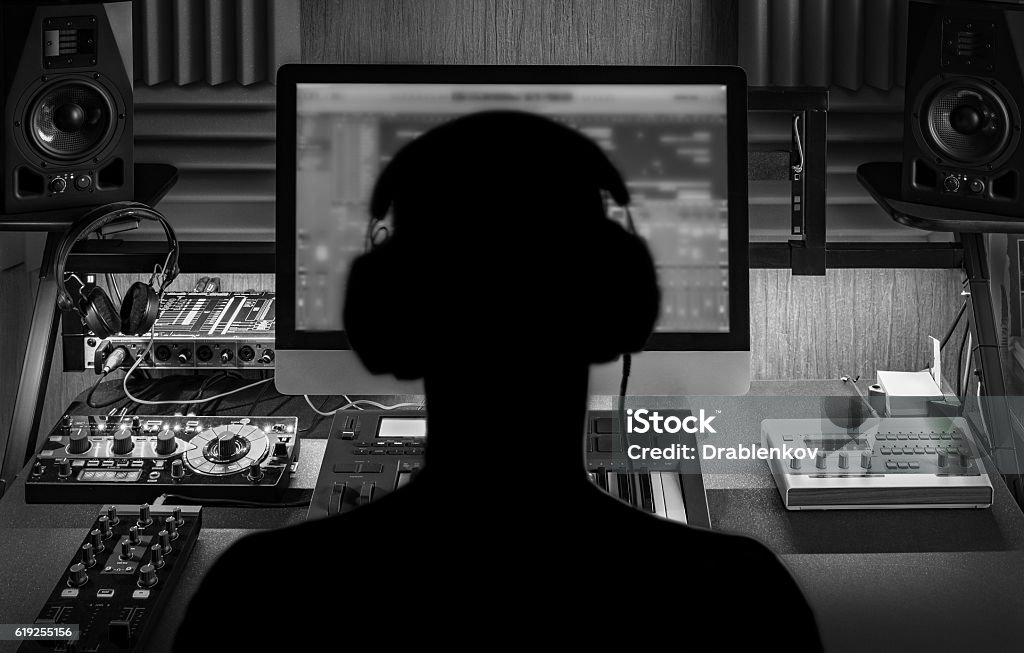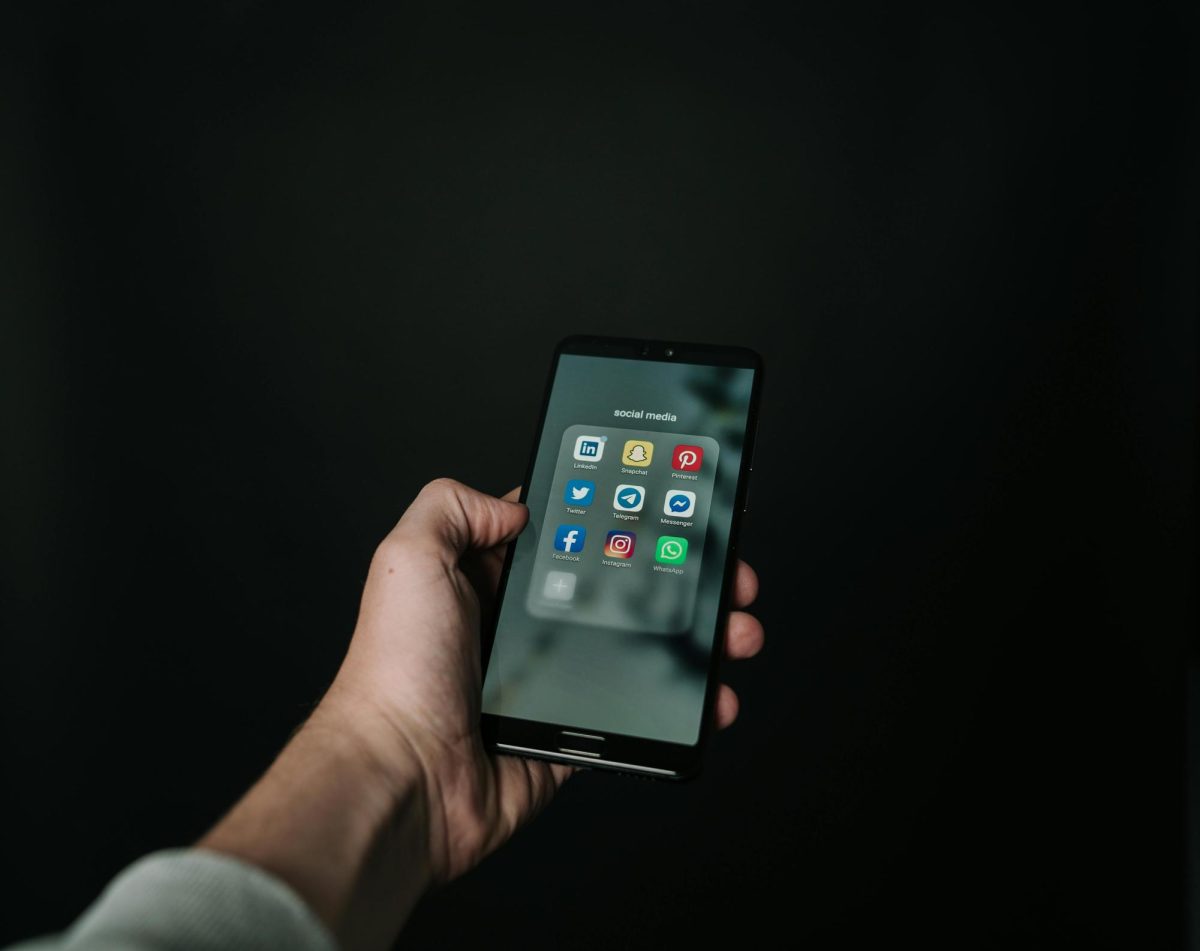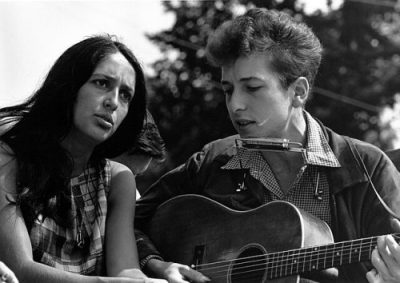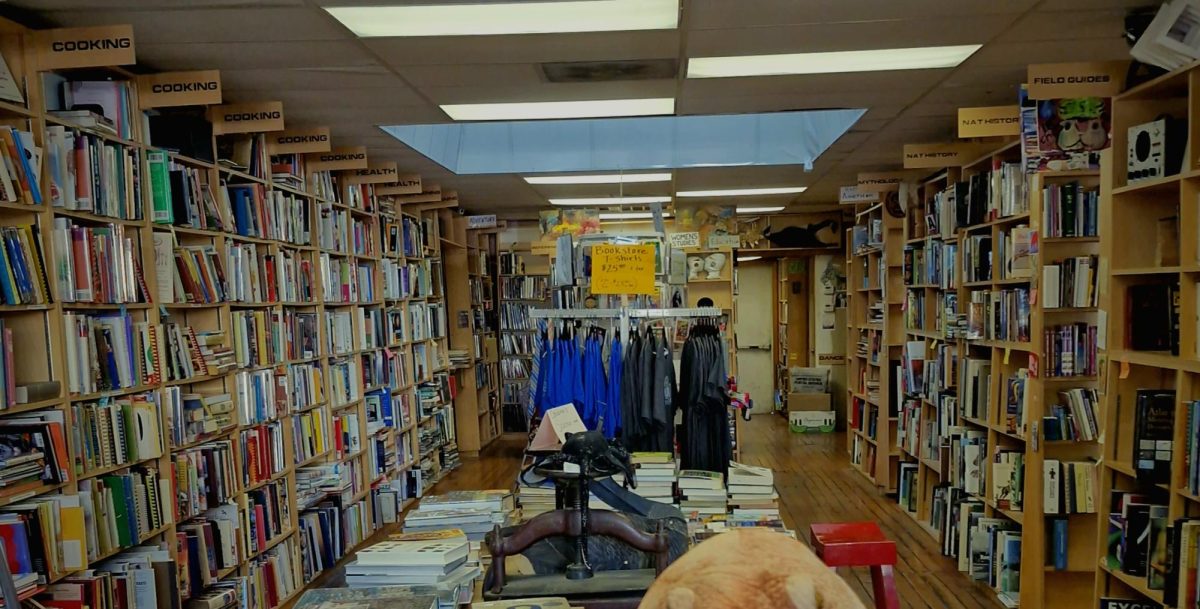We all know that the landscape of the music industry has always been changing, but currently, an intriguing debate has emerged with the advent of artificial intelligence. The coexistence between human creativity and the technology’s ability to recreate artistic voices.
This involves the production of songs through AI, aimed at replicating the voices of renowned singers, which has reached notable proportions.
This current phenomenon raises not only questions about authenticity in music but also ethical considerations about the boundaries between technological innovation and the genuine essence of artistic expression.
From the fans’ perspective, the possibility of hearing their favorite artists in unimaginable collaborations, such as the fictional featuring of Drake with Michael Jackson, could be quite exciting. However, as we delve into the reality of the current musical landscape, ethical and financial concerns arise for the artists themselves. When songs created by artificial intelligence go viral, the original artists may find themselves not receiving economic compensation for the use of their image or voice, which is not very pleasing.
This dilemma poses fundamental questions about intellectual property, fair compensation, and the protection of artists’ rights. In a world where technology is advancing rapidly, the need to establish clear and ethical regulations in musical creation using artificial intelligence becomes imperative because the situation is gradually getting out of hand.
The most recent incident that highlights the risks of manipulating music through artificial intelligence involves Bad Bunny and a Chilean producer named FlowGPT. The producer composed the song “Nostalgia,” using the voice filter of Bad Bunny and Justin Bieber. This song quickly gained surprising virality on platforms such as TikTok, Spotify, and YouTube. However, a few hours after the song went viral, Bad Bunny openly expressed on his WhatsApp and Instagram channels that he did not like the song and pointed out that those who enjoyed it were not true fans of his. This episode underscores the complexity of the relationship between artificial intelligence and artistic authenticity, as well as the tensions that can arise between artists and unauthorized reinterpretations of their work.
However, it is undeniable that composing a song from scratch that manages to go viral requires a high level of talent, which, in my opinion, FlowGPT possesses. The evident problem we all observe lies in the question of morality. It does not seem fair to generate a viral song at the expense of another already established artist. This dilemma, in my opinion, becomes a significant blow to the music industry, as from now on, any producer or writer could create their own songs without relying on a singer to interpret them. What is your opinion on this new challenge facing the music industry?

Categories:
Out of Tune Ethics: The New Dilemma of Artificial Intelligence in Music
November 18, 2023





